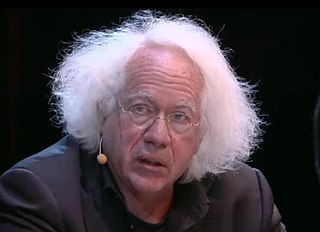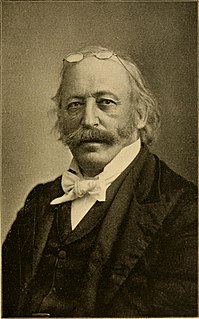A Quote by Sarah Miles
Faith, for me, isn't an argument, a catechism, a philosophical “proof.” It is instead a lens, a way of experiencing life, and a willingness to act.
Quote Topics
Related Quotes
Philosophical argument, trying to get someone to believe something whether he wants to believe it or not, is not, I have held, a nice way to behave towards someone; also it does not fit the original motivation for studying or entering philosophy. That motivation is puzzlement, curiousity, a desire to understand, not a desire to produce uniformity of belief. Most people do not want to become thought-police. The philosophical goal of explanation rather than proof not only is morally better, it is more in accord with one's philosophical motivation.
Philip Kitcher has composed the most formidable defense of the secular view of life since Dewey. Unlike almost all of contemporary atheism, Life After Faith is utterly devoid of cartoons and caricatures of religion. It is, instead, a sober and soulful book, an exemplary practice of philosophical reflection. Scrupulous in its argument, elegant in its style, humane in its spirit, it is animated by a stirring aspiration to wisdom. Even as I quarrel with it I admire it.
The terminology of philosophical art is coercive: arguments are powerful and best when they are knockdown, arguments force you to a conclusion, if you believe the premisses you have to or must believe the conclusion, some arguments do not carry much punch, and so forth. A philosophical argument is an attempt to get someone to believe something, whether he wants to beleive it or not. A successful philosophical argument, a strong argument, forces someone to a belief.
A catechism is simply a tool for teaching the fundamentals of the faith. Unlike a creed or confession, a catechism uses questions and answers. Many Protestant confessional traditions, like Lutherans, Presbyterians, and Reformed, have used catechisms for centuries. Initially, most catechisms were intended for children.
Faith as ultimate concern is an act of the total personality. It happens in the center of the personal life and includes all its elements. Faith is the most centered act of the human mind. It is not a movement of a special section or a special function of man's total being. They all are united in the act of faith.
I have said that science is impossible without faith. ... Inductive logic, the logic of Bacon, is rather something on which we can act than something which we can prove, and to act on it is a supreme assertion of faith ... Science is a way of life which can only fluorish when men are free to have faith.



































